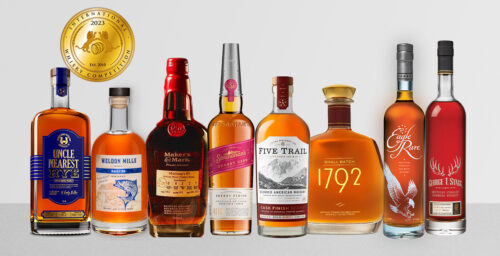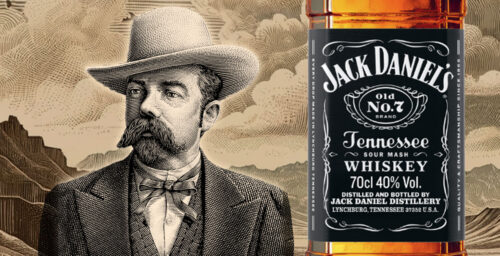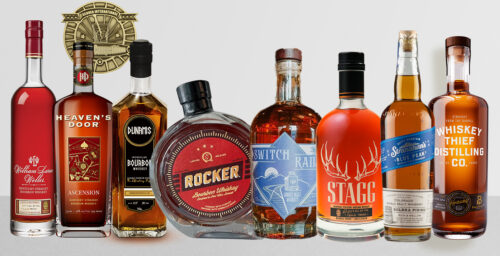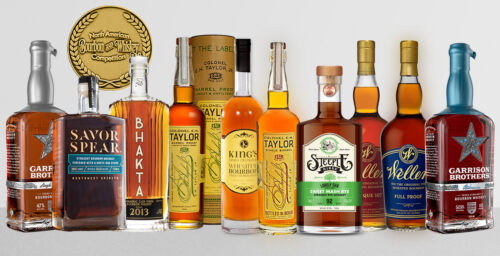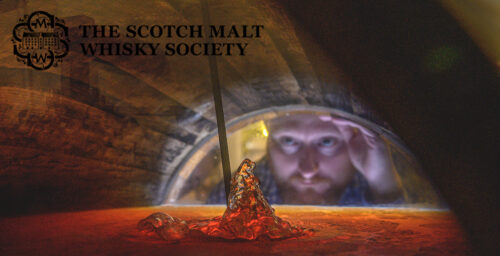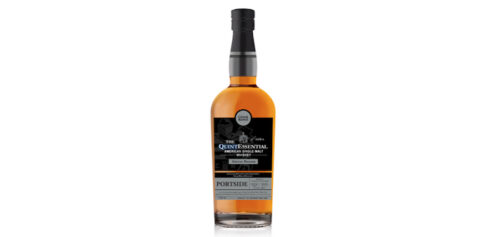Craft distilleries are having a moment in America, even during the time of Covid. In fact, the number of distilleries have grown by 20 percent in the last five years. And a big bite of that apple is New York state distilleries, experiencing a 60-percent jump in numbers since 2016.
According to a 2020 economic impact study of the New York State Distilled Spirits Industry, the Empire State is now the second largest in terms of distillers in the country.
A standout among those craft distilleries is Rochester’s Black Button Distilling, the first grain-to-glass distillery in the city since prohibition. Black Button grew its business by more than 20 percent last year despite tougher restrictions and closings due to the pandemic.
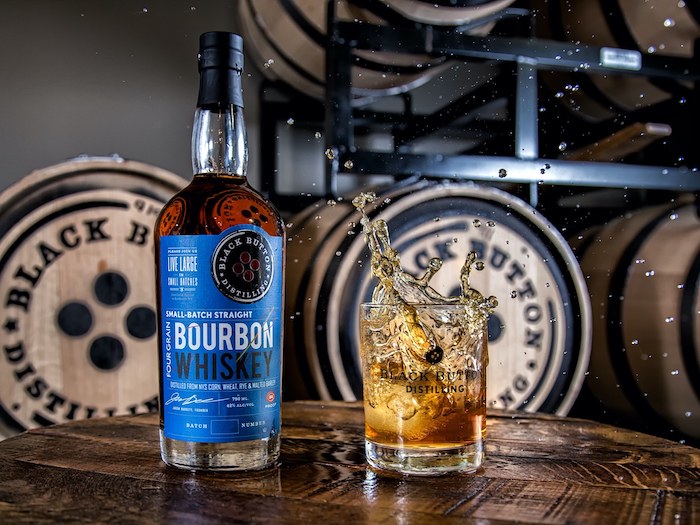
And how did they do that? Black Button quickly pivoted to support their community needs at the height of COVID-19, halting liquor production to eventually create more than 400,000 bottles of FDA approved hand sanitizer, which was distributed to schools, hospitals, small business, and the New York State Board of Elections to support safe voting practices. Black Button also was able to retain their full time workforce during the pandemic, something noticeable for the state economy.
The craft distilleries industry is a force to be reckoned with. In that 2020 Economic Impact Study, the New York State distilled spirits industry, companies like Black Button, created an economic output of $4.4 billion last year, of which $3.2 billion helped New York State directly. The statewide craft distilling industry created 11,540 full time jobs in 2020, amounting to $962.2 million in wages and benefits.
“It’s been an incredible journey watching the New York craft distilling market grow from just a handful of producers to now, eight years later, generating more than $2.7 billion in economic activity for the state,” said Jason Barrett, president of Black Button Distilling, in an interview with us.
Born and raised in Rochester, Barrett said he has a true passion for his local community and has developed a loyal base of fans over the last eight years since founding Black Button Distilling. “We are artists, strategists, innovators, creators, engineers, experimenters, hagglers, scientists, politicians and most importantly business professionals. We touch every facet of a community from the local farmers providing our ingredients, to the tourism agencies capturing the curious, to the manufacturers ensuring we have all the tools to meet our industry’s highest standards. Together, distillers represent an economic force that keeps our communities vibrant with craft.”
Barrett founded Black Button in 2012 at age 24, with the commitment to craft high-quality, small batch spirits with New York State grown and produced ingredients. More than 90 percent of ingredients are grown or produced in New York State, as Black Button Distilling supports New York State agriculture and the responsible stewardship of the natural environment.
In 2018, Black Button opened their own farm and forestry, where they grow juniper for gin, white oak to make their own bourbon barrels and fresh herbs and spices as well as organic honey for their cocktails.
Black Button is expanding its distribution into 14 new states, in addition to a growing an e-commerce business offering their spirits for purchase online.
Barrett said he sees the future of the craft distilling industry in New York to be bright.
“The best thing the governor and state legislature can do to support our fledgling industry is to pass the Alcoholic Beverage Production Tax Credit, bringing parity to our business with the benefits already bestowed upon New York breweries,” he said. “If that happens, I see our industry growing over the next five years, on the same playing field as the popular breweries and wineries powering the New York state economy through significant manufacturing, tourism and agricultural growth.”

